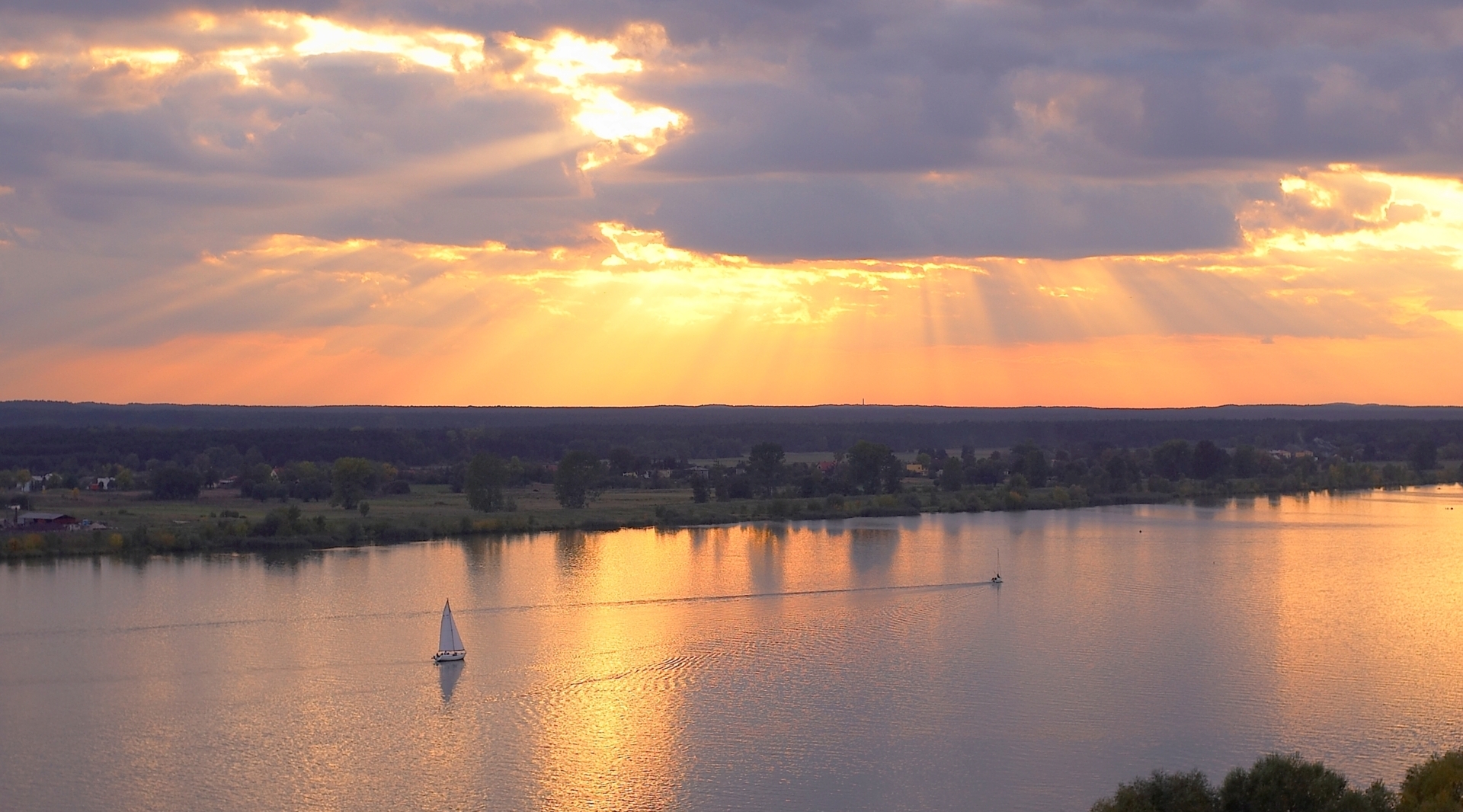Płock - tradition and modernity
Płock is a European city located in the center of Poland, along its historical main communication route – the largest river in the country, the Vistula. Beautifully situated on its escarpment, it has always played a key role in the history of the state. Priceless architectural monuments, such as the Castle of the Mazovian Princes and the cathedral, are symbols of its glory from the medieval times when it was the capital of Poland for over half a century, under the leadership of Władysław I Herman and Bolesław III Krzywousty. The aforementioned cathedral remembers both the coronations and funerals of both rulers of Poland, but not only, as it is also a place for magnificent orchestral and choral concerts performed by the Płock Symphony Orchestra and the boys' and girls' choir. Płock is a city old in history but young in spirit and its inhabitants. The new Mazovian Museum houses old, Art Nouveau collections gathered in a modernly restored structure of a century-old, naturally Art Nouveau tenement house. Płock is not only monuments but also age-old achievements, such as the oldest scientific society in Poland, the Płock Scientific Society, with its Zieliński Brothers Library and its vast collections of old prints, dating back to the times of Nicolaus Copernicus. Płock is also a valiant city, awarded the Cross of the Brave in 1921 by Marshal Józef Piłsudski himself. The dazzling panorama of the riverside town is inextricably linked to one of Poland's most famous poets – Władysław Broniewski, whose monument dominates the city center. The vicinity of his family home is a place for residents' walks, just like the courtyard of the oldest secondary school in Europe – the Stanisław Małachowski General Secondary School, with its distinguished graduates and inexhaustible archaeological collections.
Płock is a city that lives intensely, gathering crowds in its heart, which is the Old Town Market Square with its fountain, café gardens, and the most important object – the town hall. The city’s bugle call is also invaluable, far prettier than the most famous bugle call from Kraków.
The historical power of the city is not its only pride, for here there is also an extremely developed industry: refining in the form of Orlen's refinery and petrochemicals, machinery in the form of CNH New Holland plants, energy, represented by Energa serving two voivodeships, or the Płock Industrial and Technological Park, which is a place for scientific dreams of youth studying at the Płock branch of the Warsaw University of Technology, the best theological seminary in Poland, leading Polish humanities university, the Paul Włodkowic University, and the Mazovian Academy.
Płock is, of course, not just history; it is primarily modernity and cooperation with partner cities from around the world. Płock is also legendary, one of the largest zoos in Poland, with amazing examples of fauna and flora. Płock also offers high-level sports, both handball and football, attracting thousands of fans to the modern Kazimierz Górski stadium. Sports also encompass other disciplines, such as swimming or rowing with Olympic achievements, cycling with Polish champions in various age categories and an annual stage of the Tour de Pologne race. The queen of sports – athletics – is also present here, as well as tennis, including wheelchair tennis, beach volleyball, and sailing.
Płock is a living, modern, dynamically developing city with all kinds of concerts and outdoor events, including the annual HIP-HOP festival.
Every year, the entire summer-long Rock Gardens Festival takes place, a mecca not only for hard rock enthusiasts. Regularly, almost every week, the city hosts artists representing all kinds of art, starting from cabarets to the Alexandrov Choir, inviting audiences to the new Orlen Arena event and sports hall.
Płock is a combination of history with its monuments, tradition with its culture, and modernity with the youth living here; it is a city old yet modern.





